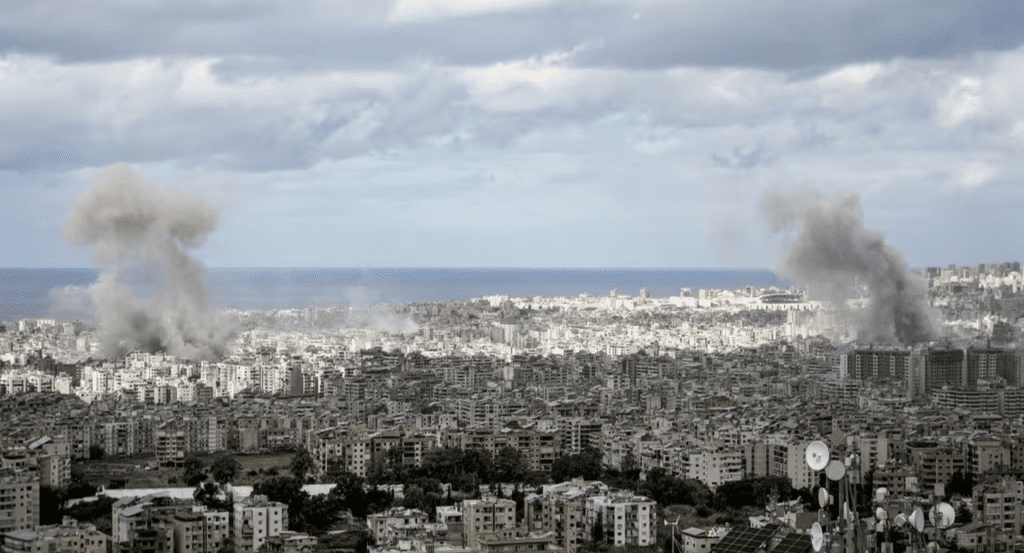A ceasefire deal between Israel and Hezbollah could be finalized within days, as Israeli officials signal their willingness to accept a U.S.-brokered proposal. The development follows weeks of escalating violence along the Israel-Lebanon border, raising fears of a broader conflict in the region.
Israeli Prime Minister Benjamin Netanyahu reportedly convened senior officials to discuss the terms of the proposed ceasefire. According to sources, the agreement aims to de-escalate tensions, prevent further military confrontations, and establish a framework for long-term stability in the region. Netanyahu has expressed cautious optimism, stating that any agreement would prioritize Israel’s security interests.
The conflict, marked by cross-border skirmishes and heavy artillery exchanges, has displaced thousands of civilians on both sides. International mediators, led by the United States, have been working tirelessly to broker peace, emphasizing the need for humanitarian relief and a halt to hostilities.
U.S. officials have urged restraint from both parties, highlighting the potential for the situation to destabilize the Middle East further. The proposed deal reportedly includes provisions for a monitored ceasefire and mechanisms to address underlying grievances.
Hezbollah has yet to officially comment on the ceasefire proposal, but Lebanese political sources suggest the group may be open to negotiations. Analysts believe that pressure from the international community, coupled with the toll of continued conflict, has created a window of opportunity for diplomacy.
The ceasefire discussions come amid broader regional challenges, including heightened tensions between Israel and Palestinian factions in Gaza. Observers have pointed out that a resolution with Hezbollah could free up resources and attention for Israel to address other pressing security concerns.
While many welcome the prospect of a ceasefire, skepticism remains about the durability of any agreement. Critics argue that without addressing deeper political and territorial disputes, the risk of renewed violence persists.
As negotiations continue, the international community remains hopeful that the ceasefire will mark a turning point toward sustained peace in the volatile region.






















